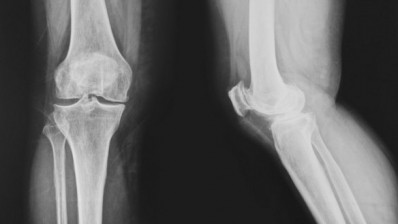Prenatal vitamin A deficiency linked to cognitive dysfunction in adulthood: Chinese study

Researchers from Chongqing Medical University investigated the effects of mVAD on female rats and their pups. They discovered that the memory retention and learning abilities of mVAD rats were inferior to that of their healthy counterparts.
The rats were all fed regular rat food for a week, after which one group was put on a vitamin A-deficient diet for one to two months before breeding, then spent the rest of the study period on the same diet. The control group stayed on a regular diet containing sufficient vitamin A before and after breeding.
The study then found that the plasma vitamin A concentration of the rats that were on the vitamin A-deficient diet was significantly lower than that of rats that were on a normal diet, and that plasma vitamin A concentration of “the pups exposed to prenatal mVAD was significantly lower than that of the pups that were not”.
Later life
A series of tests then found that rats that experienced prenatal mVAD performed significantly worse in memory tests. This, said the researchers, indicated that "prenatal mVAD can affect the cognitive functions later in life".
They added a previous study in Chongqing had found that 17% of pregnant women were vitamin A-deficient, while 33% suffered from mVAD.
The study concluded that “prenatal mVAD leads to impaired learning and memory in adults”, and contributes to impaired cognitive function.
Source: Journal of Nutritional Biochemistry
May 2017, volume 47, pages 75 — 85
“The change in retinoic acid receptor signalling induced by prenatal marginal vitamin A deficiency and its effects on learning and memory”
Authors: Xuan Zhang, et al.



















